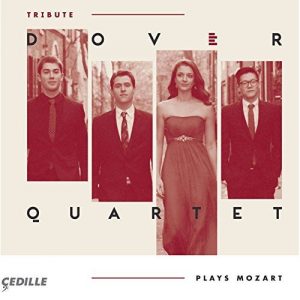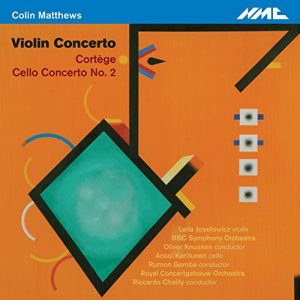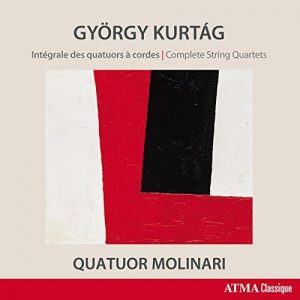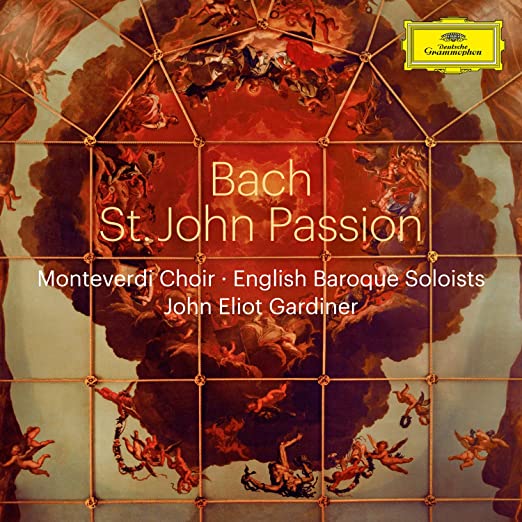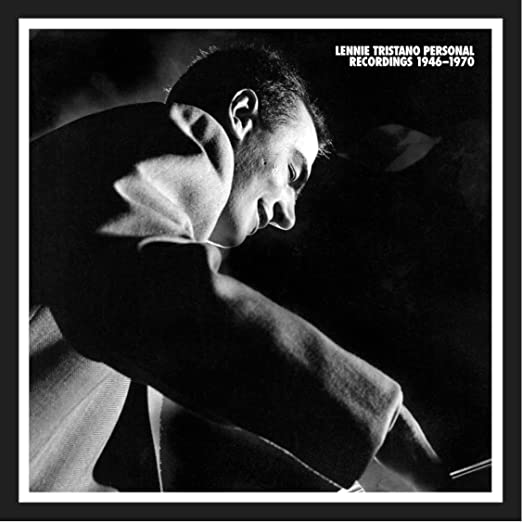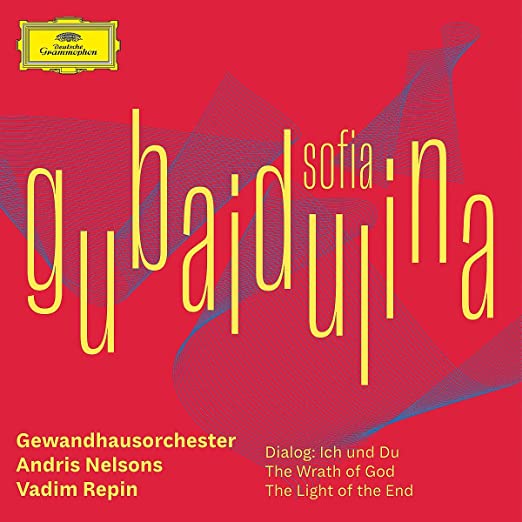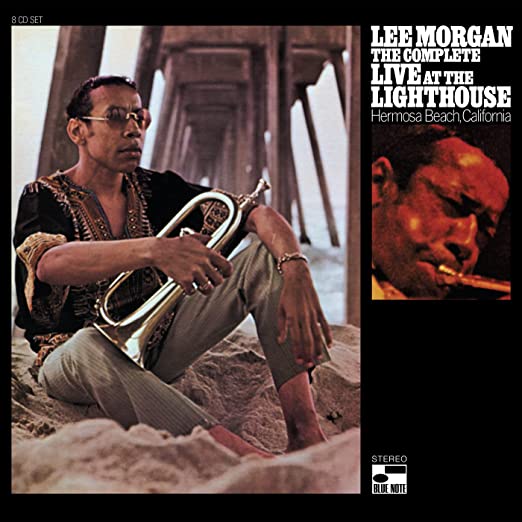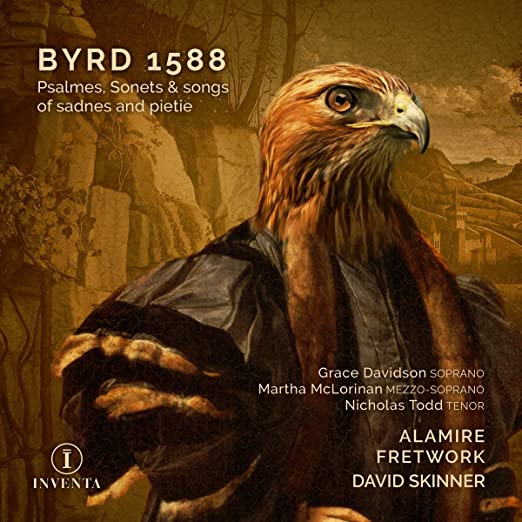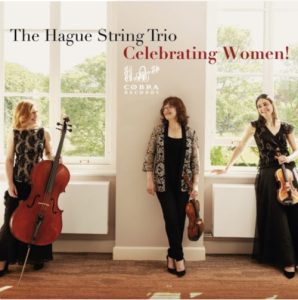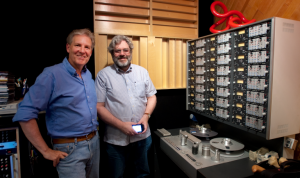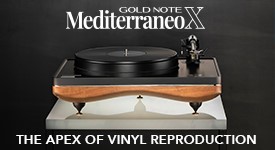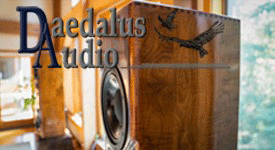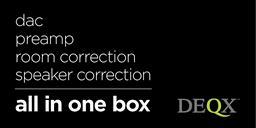Dover Quartet Plays Mozart Quartets K.589 and K.550; and Quintet K.406. Cedille CDR 90000 167.
Listening to new recordings of Mozart is often difficult for reviewers because we are always looking for differences—something we can peg a review on. Something new to say. It is rare to come upon a Mozart recording and be surprised... before your critical faculties are turned on.
The Dover Quartet, proteges of the famous Guarneris at the Curtis Institute in Philadelphia, took me completely by surprise with their utterly unaffected but almost shockingly eloquent way with Mozart. According to the Guarneri's Arnold Steinhardt, they struck him in the same way once they achieved their maturity.
I know these two Prussian Quartets and the K. 406 quintet well enough to have expected them to move directly into the background, to lull me into distraction simply by virtue of their familiarity. Instead, they sounded fresh, not eccentric or 'interesting.' I found myself listening intently to them as if they were new or at least, long forgotten music reborn. This is how definitive performances are supposed to sound. I was forced to remember how wonderful and original Mozart is.
The Dovers appear on Cedille (lucky label) because they are currently musicians in residence at Northwestern. In a few weeks they will be next door (to me) Northampton, Massachusetts. (Lucky me.) Buy this album and it will be lucky you. They appear to be the next new and quite possibly great thing.
Colin Matthews. Violin Concerto; Cello Concerto No. 2; Cortege. Leila Josephowicz, violin. Anssi Karttunen, cello. BBC and Concertgebouw Orchestras. Oliver Knussen, Ricardo Chailly, Rumon Gamba, conductors. NMC D227.
I've had an LP of contemporary British composer Colin Matthews' Cello Concerto No. 1 (1984) around here for years and didn't even know there was a second one. Both this new one and his Violin Concerto are somewhat elusive on first hearing but I promise that both will eventually find their way to you. I've had the Cello Concerto No. 2 spinning here for a week and it finally got to me today.
Finnish cellist Anssi Karttunen knows precisely how to exact the work's searching and gnarled magic and does so compellingly. Does it have some of Britten's spirit? Indeed, but in a cousinly rather than more direct way. Matthews' concerto is more intricately textured and overtly modernist than Britten's Symphony for Cello; but especially in the final movement of Matthews' concerto we feel a haunting connection. (Both Colin and his older brother, composer David Matthews, worked as assistants to Britten in his latter years—the mid 1970's.) The Cello Concerto No. 2 was composed for Rostropovich in the mid 1990's.
Along for ride is Matthews' Violin Concerto and orchestral work, Cortege, each of which have their virtues.
Britten, Cello Suites. Quirine Viersen. Globe Records. GLO 5259.
Speaking of Britten, the latest recording of his Cello Suites, in what is apparently a limited edition of 1000 if I read the handwritten note on my copy correctly, is by cellist Quirine Viersen, a newcomer to me. She plays this powerfully expressive music with great personal immediacy. Long a fan of the Bach Suites, she tells us it took her a long time to find her way to the heart of Britten's. When she first heard him, "Britten was all mumbo-jumbo to me." No longer.
Viersen's may be the most human performances of this music we have. They feel almost spoken—brusque, thoughtful, sometimes almost whimsical. There is a freedom to her Britten that is rare among the many performances I know, which is both refreshing and revelatory. I know this music extremely well and so am not drawn to performances that simply go through the motions, often with exaggerated reverence. For what it may be worth, these are the first performances I've heard from a woman cellist. Daughter of a long-time cellist for the Concertgebouw, Viesen tells us, "I must have heard the sound of the instrument even before I was born: the cello is who I am."
She's not kidding: she is a cello and in these three suites she is Britten, a Britten I thought I knew. On my new Audio Note K/SPx SE's, this is an absolutely wonderful musical experience.
György Kurtág. Complete String Quartets. Molinari Quartet. Atma Classiques. ACD2 2705.
Very highly regarded contemporary Hugarian modernist composer György Kurtág's (b. 1926) collected works for string quartet provide us with a diffuse garden of musical wild flowers. His first quartet (1959), Opus 1 is six spare exercises which don't have a great deal of staying power. The 'twelve microludes' which comprise Homage to Andras Mihaly (1977-78) are more various and far more interesting. These brief musical moments are brief indeed but each has a point to make. We feel that the composer has moved toward a more substantial form of statement in the nearly twenty years between these works.
Officium Breve (1988-89), made up of fifteen very short 'takes' comprising more musical moments, feels similar to the Homage, but almost like brief notes (sic) on it. Officium has a tentative feel to it, an intentional reluctance to develop musical ideas. It has a strong feel of the stark sound of the New Vienna School, and even includes an express reference to Webern.
Kurtág represents the wing of modernism that believes in radical understatement. It is the most radical reaction to the nineteenth century style that all modernists sought (seek) to critique and supplant. Officium concludes with a gorgeous (!) lament, albeit a painfully brief one.
Kurtág continues in this vein for fifteen more years into the 1990's with Aus der Ferne III (1991) and V (1999) but his Homage to Jokob Obrecht (2004-2006), composer of religious renaissance vocal music, is predictably more meditative. Six Moments Musical (1999 -2005) takes on a searching quality we have not heard from the composer before. There is some of the familiar Kurtág cryptic quality here but there is more of a willingness to stay with musical ideas a bit and let them develop.
The aesthetic in which Kurtág composes does not allow for much evolution of style over its half-century or so, but we can feel a movement toward greater thoughtfulness, if that it is what it is. Depending on where your musical home is, it may take some time to appreciate the world Kurtág offers us. I have found that time spent here can be rewarding. Perhaps the proof of its persuasiveness is that it can make more harmonically rich and melodic sound a bit overblown when we return to its more familiar world.
Bon Iver. 22 A Million. Jagjaguar II AG 300. LP. (Also available on CD.)
I am an avowed fan of Bon Iver, live and recorded. So take this into consideration. I do understand that this band is an acquired taste. 22 A Million is either a self-indulgence, a strikingly original success, or both. I would have preferred more transparent album notes to help us find our way through the album's inspired avant garde, bluesy, chantings but some opaqueness is frequently the cost of true originality. This album strikes me as a thoroughly American variation on Daft Punk, whom I also love.
System used for this audition is made up of a Resolution Audio Cantata CD player w/BlackJack power cord; Audio Note OTO Signature integrated tube amplifier; and Audio Note SPx SE loudspeakers; Crimson interconnects and speaker cable; Volex and Audio Note Sogon power cables, Mapleshade Samson equipment rack.
Bob Neill, a former equipment reviewer for Enjoy the Music and Positive Feedback, is proprietor of Amherst Audio in Western Massachusetts which sells equipment from Audio Note (UK), Blue Circle (Canada), Crimson (UK), Jean Marie Reynaud (France), Resolution Audio (US), and Tocaro (Germany).




